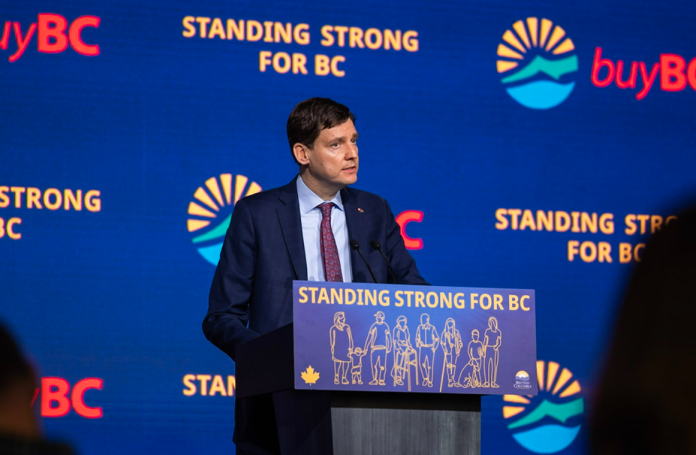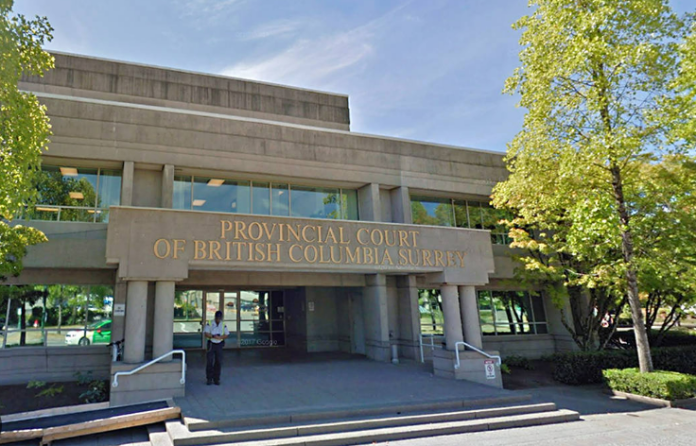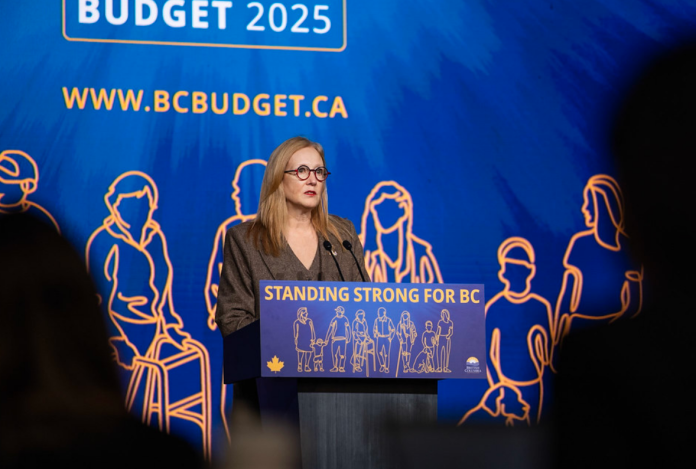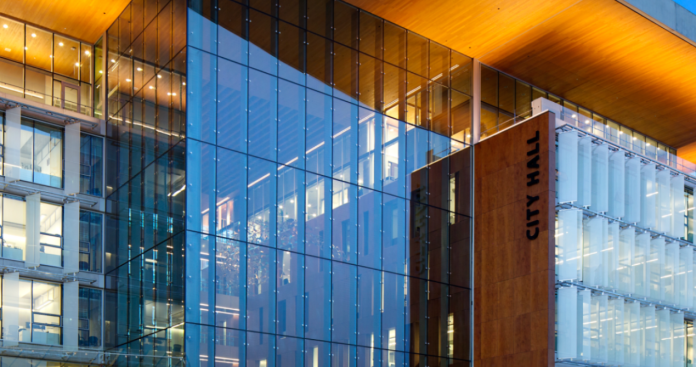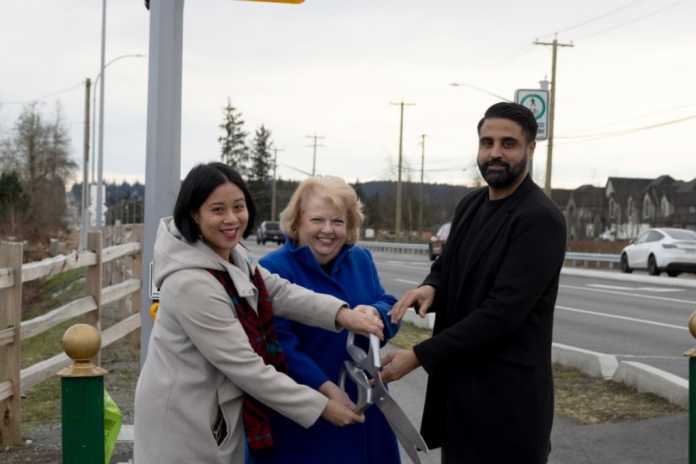The federal and provincial governments announced an enhancement to the Canada-BC Housing Benefit (CBCHB) that will provide additional support for survivors of gender-based violence. The federal government is investing nearly $37 million over four years, with the Province of B.C. providing an equal cost match.
This enhancement will help survivors of gender-based violence, including women and their children and 2SLGBTQI+ people, transition to secure and maintain rental housing in the private market. The benefit is expected to support nearly 1,700 individuals or households during the critical time of vulnerability and need experienced by those leaving violence, experiencing homelessness or with severe core housing need. This recognizes that individuals exiting violence may be experiencing financial abuse or face barriers to accessing other types of benefits because of complex family situations.
Funding will be provided directly to qualifying households by BC Housing, identified through referrals from non-profit housing providers, agencies and organizations that work with those who are leaving gender-based violence or applicants who have applied to BC Housing’s Registry. The benefit amount is $600 on average per month per household, and is determined based on income, family size and the rent the household pays in the private market, which is subject to program maximums based on household size.
The CBCHB for Survivors of Gender-Based Violence will follow the same terms and conditions as the existing CBCHB. While this federal CBCHB funding is specifically for survivors of gender-based violence, B.C., like other provinces and territories that have partnered with the federal government to deliver the program, will have the flexibility to use its cost-matching to support ending gender-based violence or other priorities and programs to assist the vulnerable population with direct-to-household affordability assistance.
Quotes:
Nathaniel Erskine-Smith, federal Minister of Housing, Infrastructure and Communities –
“Ensuring survivors have access to safe, affordable housing is key to breaking the cycle of violence. This investment will provide nearly 1,700 families affected by gender-based violence with a place to call home. By offering stability, it empowers survivors to rebuild their lives free from fear.”
Ravi Kahlon, B.C. Minister of Housing and Municipal Affairs –
“Access to housing and supports is vital for the safety and wellbeing of everyone, especially survivors of gender-based violence. The new rent assistance will provide critical financial relief, helping people cover their monthly rent and maintain housing. By easing the burden of rent, we help provide people the stability they need, enabling communities to thrive and get stronger.”
Jennifer Blatherwick, B.C. Parliamentary Secretary for Gender Equity –
“Supporting survivors of gender-based violence, including women, children and 2SLGBTQIA+ people experiencing or at risk of violence, is a priority of the provincial government. This investment in rent assistance provides much-needed support for people affected by violence and those struggling to secure housing, aiding them as they take their next steps toward safety and stability. Through this, we help strengthen the foundation for healthier and more resilient communities in B.C.”
Quick Facts:
- The federal government announced in November 2017 that it would invest $2 billion in a new Canada Housing Benefit (CHB) as part of the National Housing Strategy (NHS). Provinces and territories are cost-matching this funding for a total $4 billion investment over eight years, starting in 2020-21.
- The CHB aims to reduce housing need for some of Canada’s most vulnerable by providing funding directly to households in need to help them afford their housing costs.
- Canada Mortgage and Housing Corporation (CMHC) worked with provinces and territories to create 13 CHB initiatives, one for each jurisdiction. These initiatives were co-developed based on a series of federal themes and are tailored to prioritize populations that are in housing need in each jurisdiction. Provinces and Territories are delivering the CHB in their jurisdictions.
- The CHB for Survivors of Gender-Based Violence (SGBV) is an enhancement to the already existing CHB.
- Budget 2021 included an additional $315.4 million over seven years for the CHB to provide financial assistance for low-income women and children leaving violence. However, the landscape of violence prevention has shifted since then with the introduction and subsequent endorsement and support of the National Action Plan to End Gender-Based Violence (Action Plan) in November 2022.
- The National Action Plan to End Gender-Based Violence defines gender-based violence as that which is “based on gender norms and unequal power dynamics, perpetrated against someone based on their gender, gender expression, gender identity, or perceived gender. It may take many forms, including physical, economic, sexual, as well as emotional (psychological) abuse.” This may include intimate partner violence and human trafficking.
- The NHS is built on strong partnerships between the federal, provincial, and territorial governments, and continuous engagement with others, including municipalities, Indigenous governments and organizations, and the social and private housing sectors. This includes consultations with Canadians from all walks of life, and people with lived experience of housing need.
- Safe and Supported: B.C.’s Gender-Based Violence Action Plan was released in December 2023. The action plan reports on vital work underway across government to address gender-based violence. Initiatives were developed in consultation and co-operation with Indigenous partners, and with advice from community service providers and advocates.



